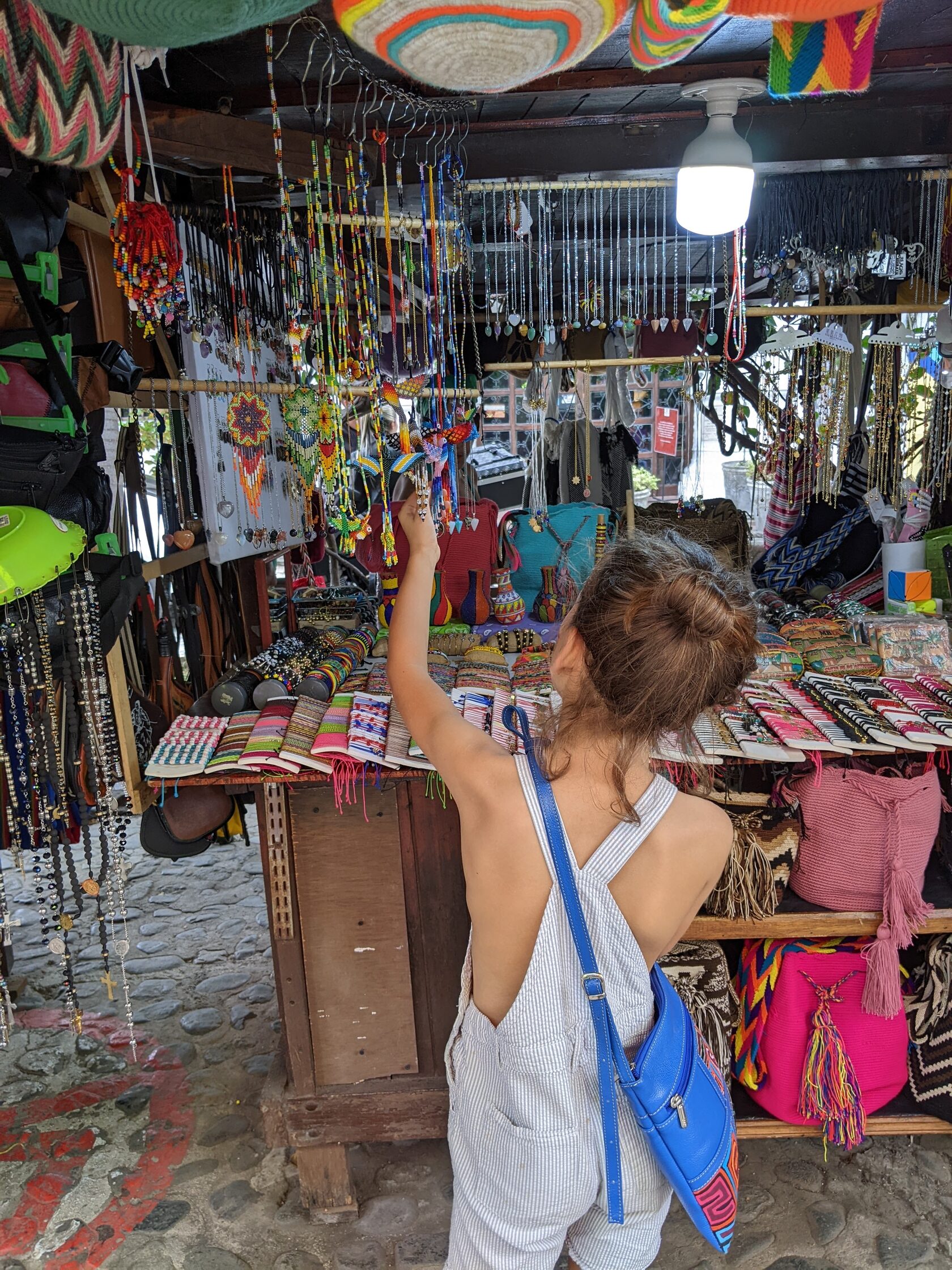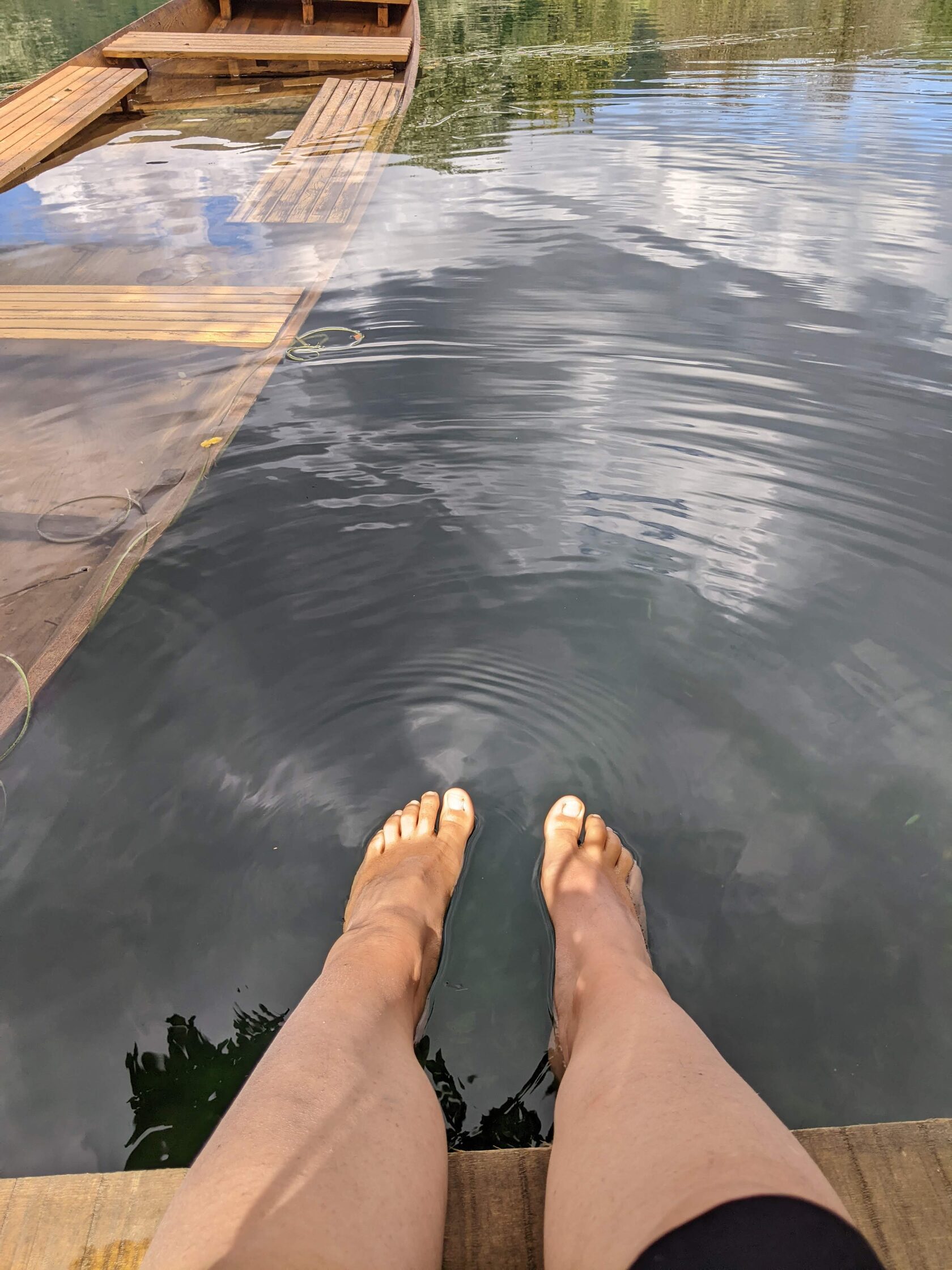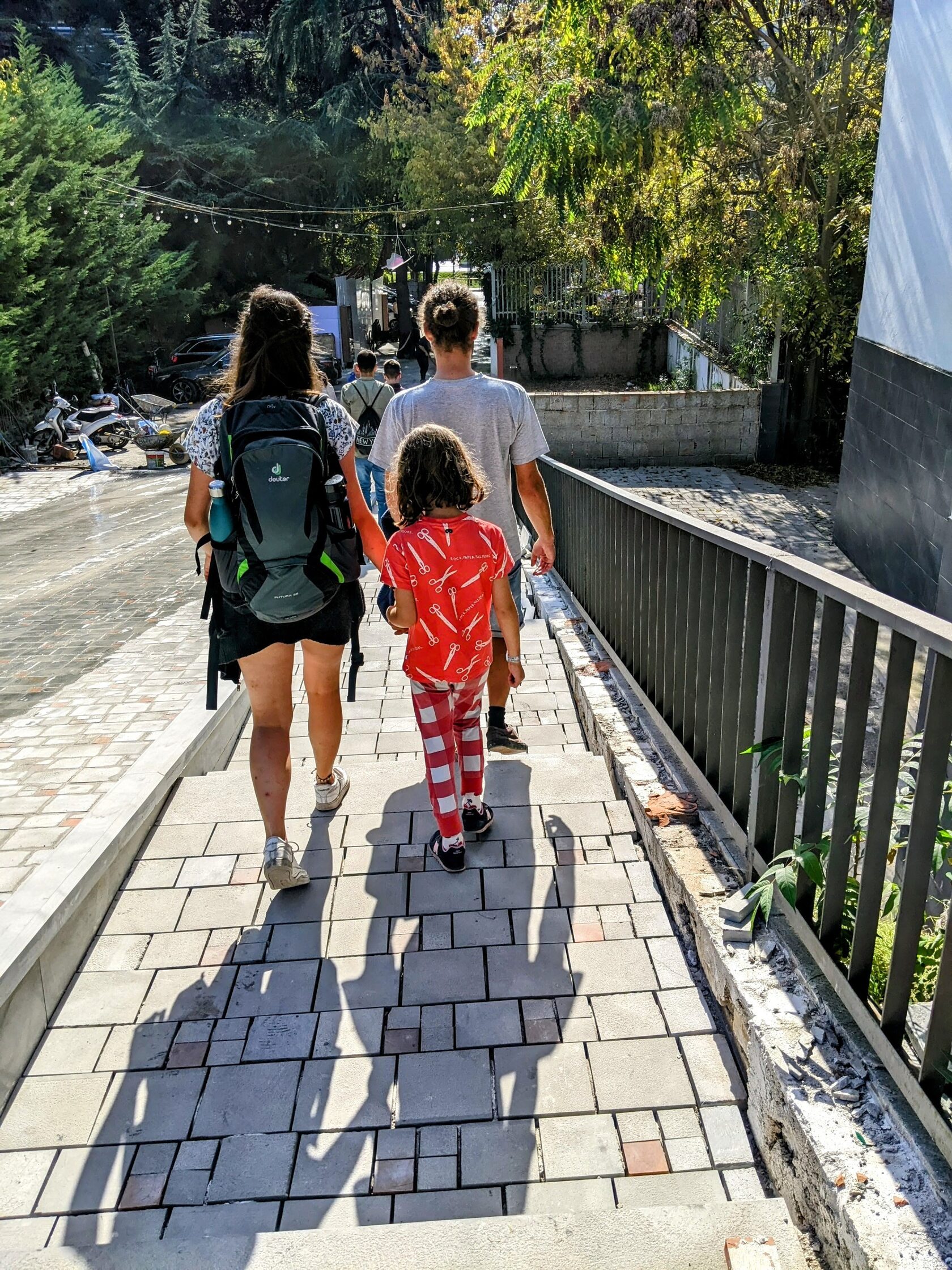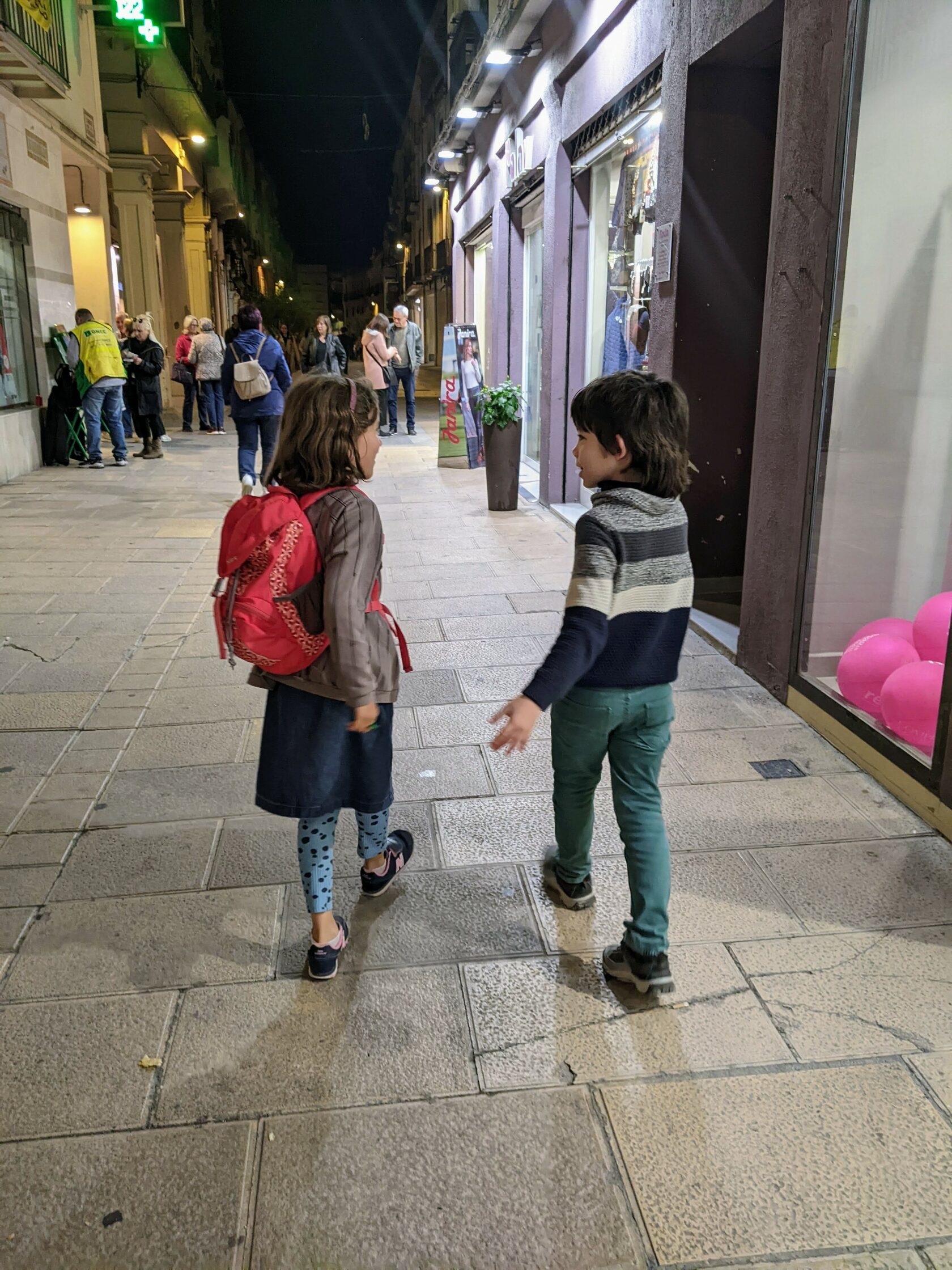As humans, we all have a natural inclination towards the familiar and the known. It is part of our innate survival mechanism to seek out safety and security in what we know. However, this tendency to fear the unknown and the different can be particularly strong when it comes to interacting with foreigners or people who think differently from us.
At its core, this fear of the unknown and the difference is rooted in our socio-cultural upbringing. We are often taught to be wary of those who are not like us and to view them with suspicion or even hostility. This can manifest in a variety of ways, from unconscious biases, narrow-mindedness, and cultural insensitivity to outright discrimination.
But the truth is that this fear of the unknown and the different can be incredibly damaging, not only to those we fear but to ourselves as well. By closing ourselves off to new experiences and perspectives, we limit our growth and development as individuals and as a society.
But the truth is that this fear of the unknown and the different can be incredibly damaging, not only to those we fear but to ourselves as well. By closing ourselves off to new experiences and perspectives, we limit our growth and development as individuals and as a society.

Unraveling Our Fears: Why the Unknown Intimidates Us and Shapes Our Insecurities
One reason for this is that when we are not exposed to diversity, we tend to develop a narrow worldview. Our beliefs, values, and attitudes are shaped by the environment we grow up in and the people around us. If we are only exposed to a homogenous cultural group of people, we may begin to believe that our way of life is the only right way. When we encounter people who have different customs, beliefs, or ways of thinking, it can be challenging to reconcile these differences with our worldview, leading to discomfort and even fear.
Another reason why people may feel insecure and uncomfortable around those who are different from them is the fear of the unknown. When we are not familiar with a particular culture or way of life, we may feel uncertain or anxious about interacting with people from that culture. This fear can lead to avoidance or even hostility towards those who are different from us.
Another reason for this lack of exposure is the media. News outlets and social media often portray people from different cultures as exotic or dangerous, perpetuating stereotypes and prejudices. This constant barrage of negative imagery can create a fear of the unknown, which can lead people to avoid contact with foreigners and people who think differently from them.
To address these issues, we must work from the inside out. This means that we need to start by examining our own beliefs, biases, and attitudes toward diversity.
Another reason why people may feel insecure and uncomfortable around those who are different from them is the fear of the unknown. When we are not familiar with a particular culture or way of life, we may feel uncertain or anxious about interacting with people from that culture. This fear can lead to avoidance or even hostility towards those who are different from us.
Another reason for this lack of exposure is the media. News outlets and social media often portray people from different cultures as exotic or dangerous, perpetuating stereotypes and prejudices. This constant barrage of negative imagery can create a fear of the unknown, which can lead people to avoid contact with foreigners and people who think differently from them.
To address these issues, we must work from the inside out. This means that we need to start by examining our own beliefs, biases, and attitudes toward diversity.

Unraveling the Journey: Conquering Inner Fears Together
Self-reflection: Take the time to reflect on your own beliefs and attitudes towards diversity. This means taking an honest look at them and being willing to challenge them when necessary. Ask yourself why you feel uncomfortable around people who are different from you. Are there any assumptions or stereotypes that you hold which might be contributing to your discomfort? By examining your own biases and attitudes, you can begin to work towards overcoming them. Challenge yourself to step outside your comfort zone and try new things that expose you to different cultures and perspectives. We can do this by seeking out new experiences, reading books or articles from diverse perspectives, and engaging in conversations with people who have different backgrounds and beliefs than our own.
Exposure to diversity: Seek out opportunities to interact with people from different cultures or backgrounds. This could be as simple as trying new foods, going to free walking tours, or participating in a language exchange program. The more exposure you have to diversity, the more comfortable you will become around people who are different from you.
Education: Educate yourself about other cultures and ways of thinking. Read books, watch documentaries, and attend cultural events. By increasing your knowledge and understanding, you can break down the barriers that prevent you from connecting with people who are different from you.
Exposure to diversity: Seek out opportunities to interact with people from different cultures or backgrounds. This could be as simple as trying new foods, going to free walking tours, or participating in a language exchange program. The more exposure you have to diversity, the more comfortable you will become around people who are different from you.
Education: Educate yourself about other cultures and ways of thinking. Read books, watch documentaries, and attend cultural events. By increasing your knowledge and understanding, you can break down the barriers that prevent you from connecting with people who are different from you.

Exploring Four Dynamic Ways to Bring These Concepts to Life
- Challenge your assumptions: When you encounter someone different from you, challenge any assumptions or stereotypes you may have. Try to approach the interaction with an open mind and a willingness to learn.
- Listen actively: When interacting with someone from a different culture or background, make an effort to listen actively. Ask questions and show interest in their perspective. This can help to build mutual understanding and respect.
- Practice empathy: Put yourself in someone else's shoes and try to understand their point of view. This means trying to see things from another person's perspective and understanding their experiences and challenges. We can do this by actively listening to others, asking questions, and being open-minded.
- Seek out diversity: Make a conscious effort to seek out diversity in your daily life. This could be as simple as reading books or watching movies from different cultures, or seeking out diverse social groups to join.

The world is a diverse and complex place, and it's natural to feel uncomfortable or insecure when faced with people or cultures that are different from our own. However, this discomfort should not deter us from embracing diversity and striving for inclusion. By working from the inside out, we can begin to challenge our biases and attitudes toward diversity. It starts with reflection and self-awareness - acknowledging our own biases and questioning where they come from. Then, we can actively listen to the experiences and perspectives of those who are different from us, seeking to understand rather than judge. By practicing empathy, putting ourselves in others' shoes, and seeking out diverse perspectives, we can become more comfortable and confident in our interactions with people from all walks of life. It's a journey that requires courage, patience, and an open mind, but the rewards are immeasurable. By embracing diversity, we expand our horizons, challenge our assumptions, and become more compassionate, well-rounded individuals.
